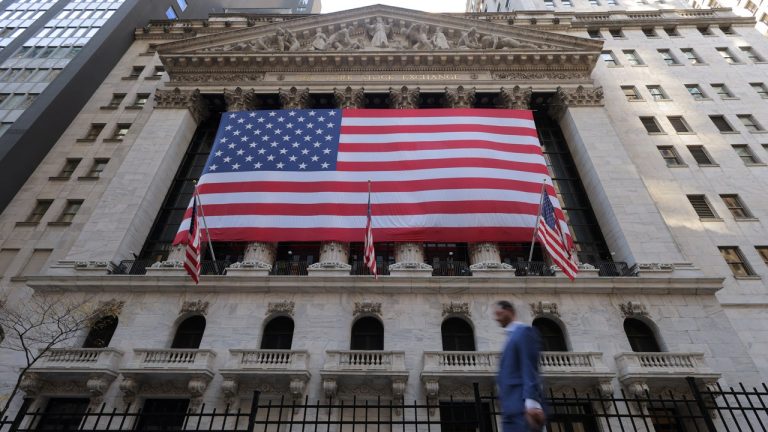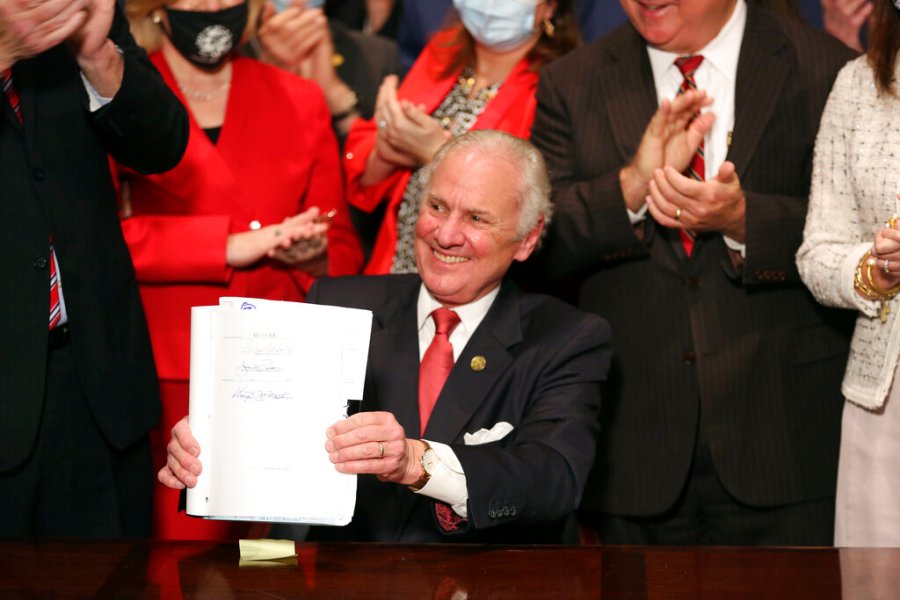
Motorists could be in for a windfall of thousands of pounds due to a car finance mis-selling scandal which is drawing comparisons with the infamous Payment Protection Insurance (PPI) saga.
Victims who were none the wiser for years might retrieved what they’re owed from this vehicle-finance bungle. The crux of the matter lies with undisclosed and often “secret” commissions that lenders paid to car dealerships, which unwittingly led customers into pricier finance deals than necessary.
The full scale of this financial fiasco has only emerged recently, anticipating a landmark judgement from the UK Supreme Court later in 2025 that will determine compensation liabilities for car finance firms. Drivers who used Personal Contract Purchase (PCP) or Hire Purchase (HP) to get wheels on the road before 28 January 2021 may have been overcharged and could claim back £1,000s.
My Claim Group is at the forefront, assisting those hit by or suspecting they’ve fallen prey to the mis-selling, aiming to recoup their losses. Experts at My Claim Group highlight that secret commissions might have inflated 40% of HP and PCP agreements between 2007 and 2021, suggesting a potential payout for many. With over 1.2million claims already filed, the average claim could see roughly £4,000 returned to each claimant’s pocket.
Dive into our comprehensive guide on the car finance mis-selling scandal and learn about its origins.
Before 2021’s regulatory updates, car finance deals were often organised under “discretionary commission arrangements.” This meant car sellers controlled the interest rates of the offered finance plans—higher rates translated to heftier commissions.
This arrangement led to a potential incentive contradiction: salespeople were tempted to propose loftier interest loans, not necessarily the best deal for the buyer. Regrettably, customers weren’t always informed about the commission machinations at play, leading them to agree to pricier loans, ignorant of the influence of the dealer’s commission-driven motives.
So, when was this practice prohibited?
In a move to bolster consumer protection and enhance transparency, the Financial Conduct Authority (FCA) prohibited these discretionary commission models in January 2021. However, ongoing probes have revealed that such questionable tactics were utilised long before, dating back to 2007, which has sparked an extensive examination of historical loan practices.
A landmark ruling in October 2024 by the Court of Appeal declared that the non-disclosure of commissions on car loans was unlawful. This pivotal decision opened the floodgates for mis-selling claims, establishing a precedent that any undisclosed commission arrangements could now be grounds for consumer compensation.
This ruling triggered a wave of complaints, with the Financial Ombudsman Service recording an unprecedented 18,658 new car finance cases in the last quarter of 2024. The financial fallout for lenders has been colossal. In the wake of the Court of Appeal’s verdict, Lloyds Banking Group ramped up its provision for potential compensation payouts to a staggering £1.1 billion.
Market analysts speculate that the total impact on Lloyds could surpass £4 billion.
Other major lenders, including Santander UK, Close Brothers, and Barclays, are also bracing for substantial potential liabilities, with some industry estimates suggesting that total compensation costs could skyrocket to as much as £30 billion.
The scandal has forced the government to step in. In January 2025, UK Chancellor Rachel Reeves intervened in the Supreme Court case in an attempt to shield lenders from potential multibillion-pound payouts, voicing concerns about the wider economic implications and the potential impact on consumers’ access to car loans.
At the same time, claims management firms like My Claim Group are actively urging consumers to lodge complaints. The Supreme Court is currently examining a crucial appeal by car loan providers, following earlier judgements that sided with consumers.
The FCA has temporarily halted the complaints process until the court’s verdict, expected later this year. The result of this appeal will be instrumental in determining lenders’ liability.
If you suspect you may have been affected by the scandal, head over to the My Claim Group website for more information and start the straightforward process to find out if you’re due a refund.





